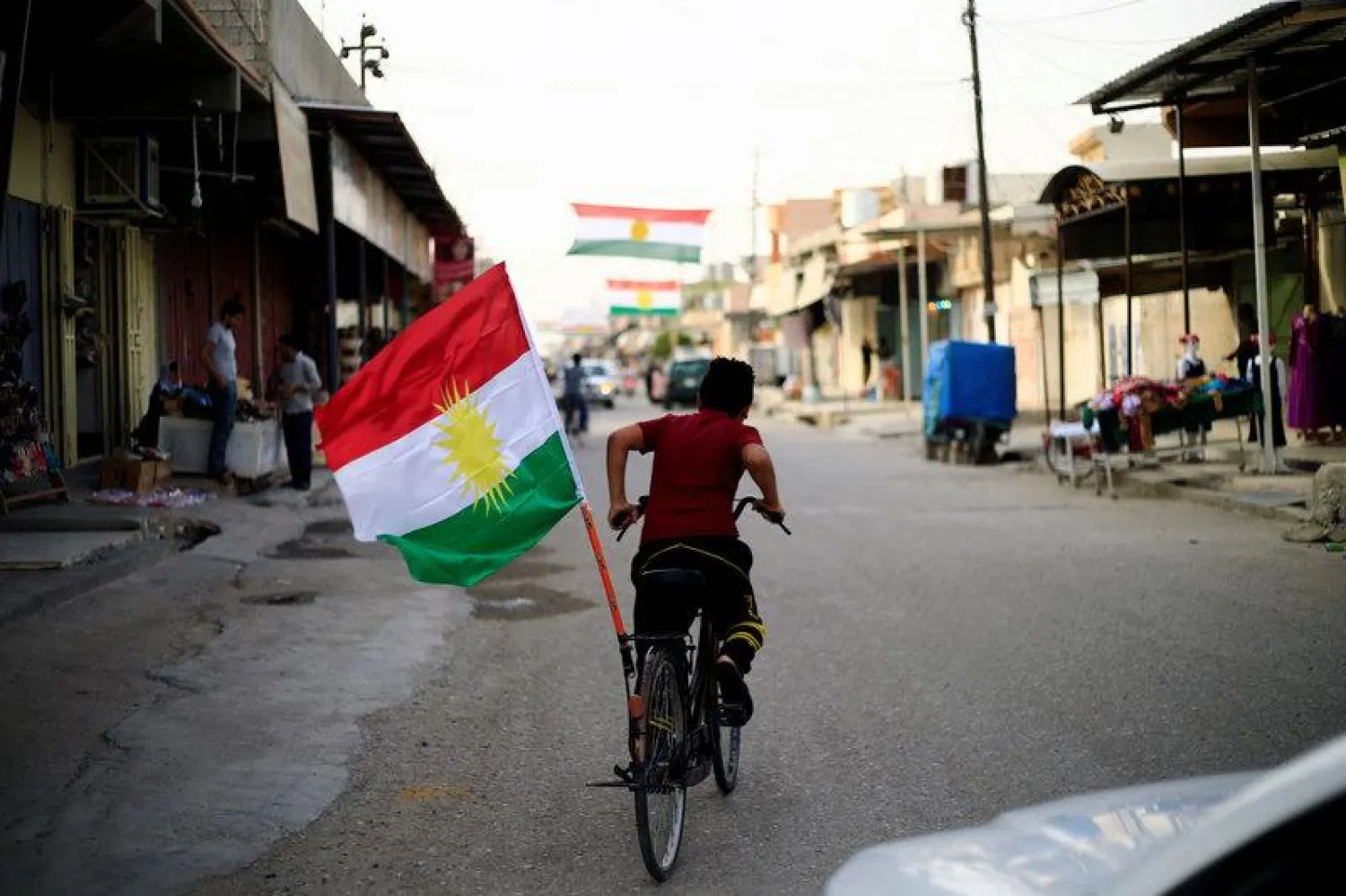The federal government, led by Haidar al-Abadi, assured Iraqi Kurdistan that the constitutional rights of the Kurdish people would not be violated and that the government wouldn’t deal directly with the provinces; instead it would respect the current Kurdish entity as stipulated by the Iraqi constitution.
Spokesperson for Abadi's office Saad al-Hadithi stated that the 2018 draft budget hasn’t mention any individual dealing with Iraq’s northern provinces. Erbil, Sulaimaniya and Dahuk are provinces of an independent region, whose borders have been determined by the constitution.
His statement that aimed at assuring Kurdistan’s regional government, came after reports of intentions by the government to deal directly with provincial councils in terms of employee salaries, given that the federal authorities have suspicions over claims by Kurdistan on the employment of a huge number of civil servants (1,250,000) in the region.
In a related matter, the Kurdistan regional government was preparing on Sunday for a meeting that brings together the Kurdish blocs in Kurdistan’s legislature and the Iraqi parliament to discuss the clauses of the draft budget and to unify the Kurdish people in defense of their fiscal rights stipulated in previous budgets in which 17 percent was allocated for Iraqi Kurdistan.
The region’s government has shown willingness to hand over all customs resources and oil revenues to the federal government. Yet, the meeting was postponed indefinitely because Kurdistan Islamic Group and Movement for Change blocs decided to boycott it.
Kurdistan Islamic Group and Movement for Change insisted during the past period on the importance of dissolving the government and forming a national rescue government or a transitional government until elections are held. But the US support to the current government led by Nechirvan Barzani and deputy prime minister Qubad Talabani hindered any progress in ongoing talks among these parties to change the government.









